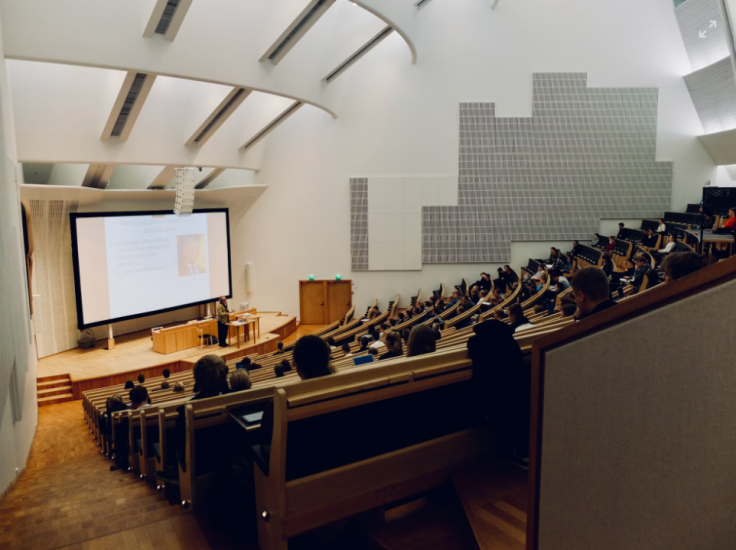Harvard President Claudine Gay's Resignation Sparks Debates on Free Speech and Academic Integrity
ByHarvard President Claudine Gay's resignation on January 3 sent shockwaves through the academic community, prompting reflections on her historical significance and the circumstances leading to her departure. A leading Catholic public intellectual, Robert George, shared his insights on this complex issue, addressing the tragedy of Gay's resignation and its broader implications for Harvard and higher education in the United States.

Historical Significance and Tragedy
Claudine Gay's appointment as the first Black president of Harvard was a momentous occasion, symbolizing progress in overcoming historical injustices. Robert George acknowledges this historical significance but expresses sadness over Claudine Gay's resignation, considering it a tragedy not only for her as an individual but also in the context of the nation's history. George's nuanced perspective reminds us that achievements should be celebrated, even as we grapple with the complexities that led to Gay's resignation.
Double Standards and Academic Integrity: A Closer Look at Plagiarism Allegations
The controversy surrounding Gay's resignation extends beyond her response to anti-Israel protests. Serious allegations of plagiarism have further tarnished her reputation. George addresses the issue head-on, emphasizing the need for consistent standards of academic integrity. Drawing attention to potential double standards, George asserts that if similar acts were committed by an undergraduate at Harvard or Princeton, disciplinary consequences would likely follow. The article explores the challenges of maintaining academic integrity at the highest levels of university leadership.
Free Speech and Clash of Visions: Insights from Robert George
The interview with Robert George offers valuable insights into the broader issues of free speech and the clash of visions within universities. George points out the existence of two competing models: the "social-justice model," which aligns with progressive values, and the "classical, truth-seeking" model. As a staunch defender of free speech, George argues that the clash of ideas is crucial for intellectual scrutiny and academic freedom. The controversy at Harvard serves as a microcosm of the larger debate on the purpose and mission of universities in the United States.
Public Scrutiny and the Role of Universities: Elizabeth Magill's Resignation
The resignation of University of Pennsylvania President Elizabeth Magill following congressional testimony intensified public scrutiny of elite institutions. While Harvard stood by Gay, Magill's resignation raised questions about academic qualifications, racial considerations in leadership appointments, and the challenges posed by diversity, equity, and inclusion initiatives. The contrasting responses of Harvard and the University of Pennsylvania highlight the ongoing struggle to balance social justice goals with the classical pursuit of intellectual excellence in higher education.
Hope for True Reform: Engaging the Broader Public
Robert George expresses hope that the current moment, marked by public awareness and engagement, could lead to meaningful reform in elite institutions. He notes that alumni and donors are actively questioning the future of universities, prompting a broader societal conversation on their mission and value. The increased public involvement may influence the resolution of these issues, potentially steering universities towards a return to the classical vision, emphasizing truth-seeking and intellectual excellence.
The resignation of Harvard President Claudine Gay serves as a pivotal moment for higher education, sparking debates on free speech, academic integrity, and the competing visions that shape the mission of universities. Robert George's insights provide a thoughtful examination of these complex issues, highlighting the need for consistent standards, protecting free speech, and choosing a clear vision for the purpose of universities. As public engagement continues, there is optimism that true reform is possible, paving the way for a renewed commitment to the classical ideals of truth-seeking and intellectual excellence in academia.
© 2026 University Herald, All rights reserved. Do not reproduce without permission.








